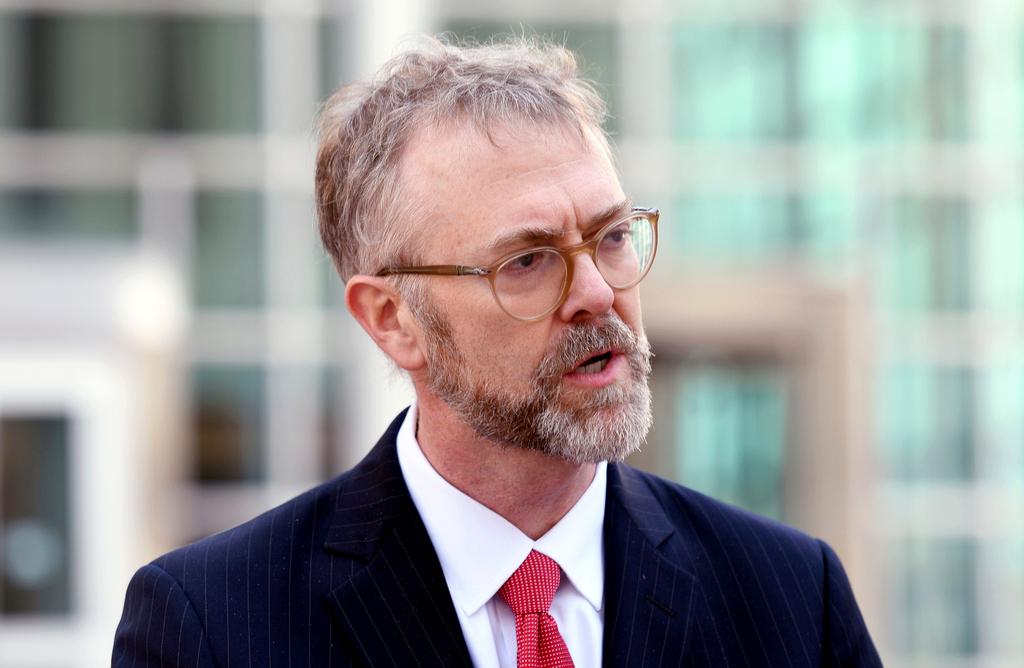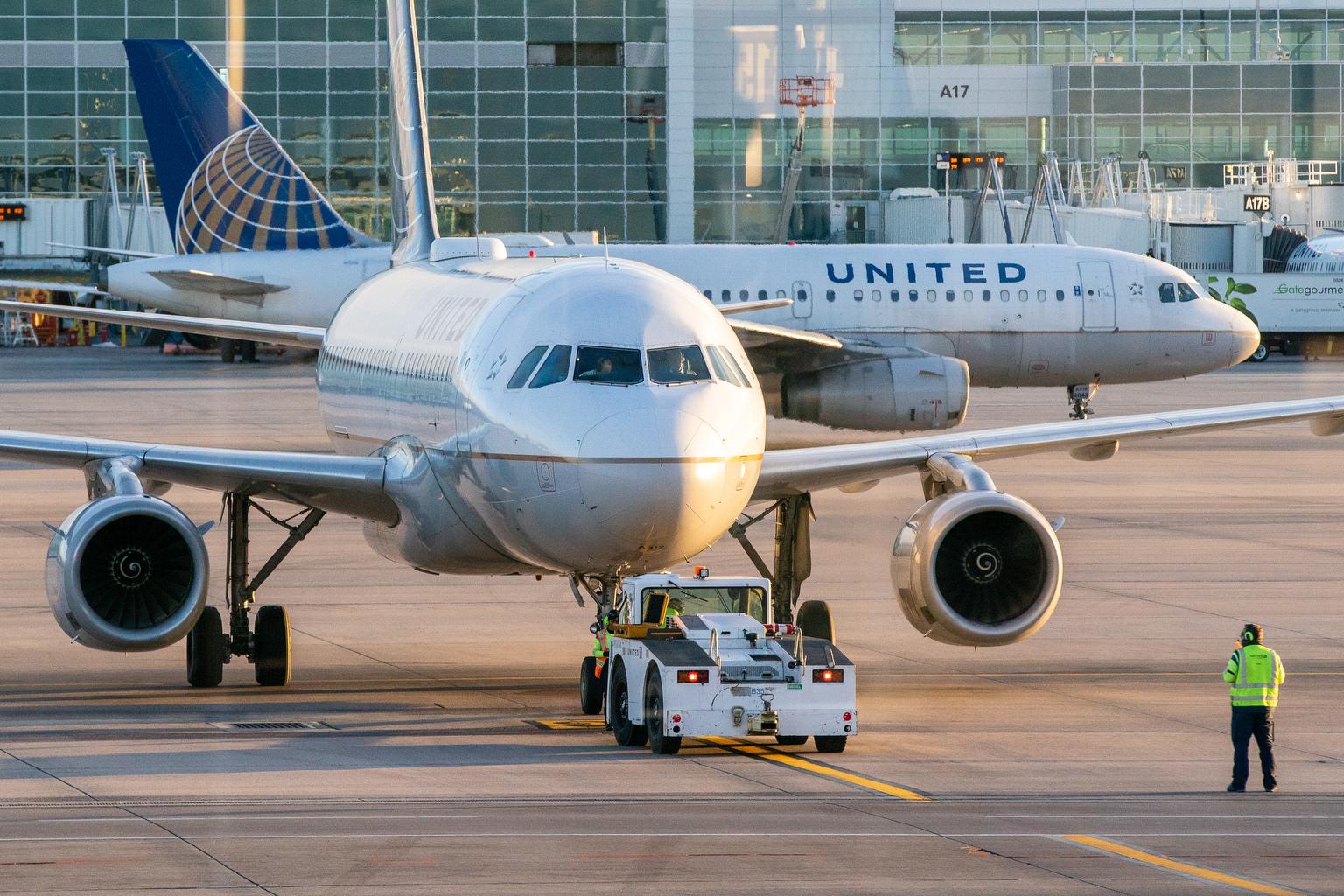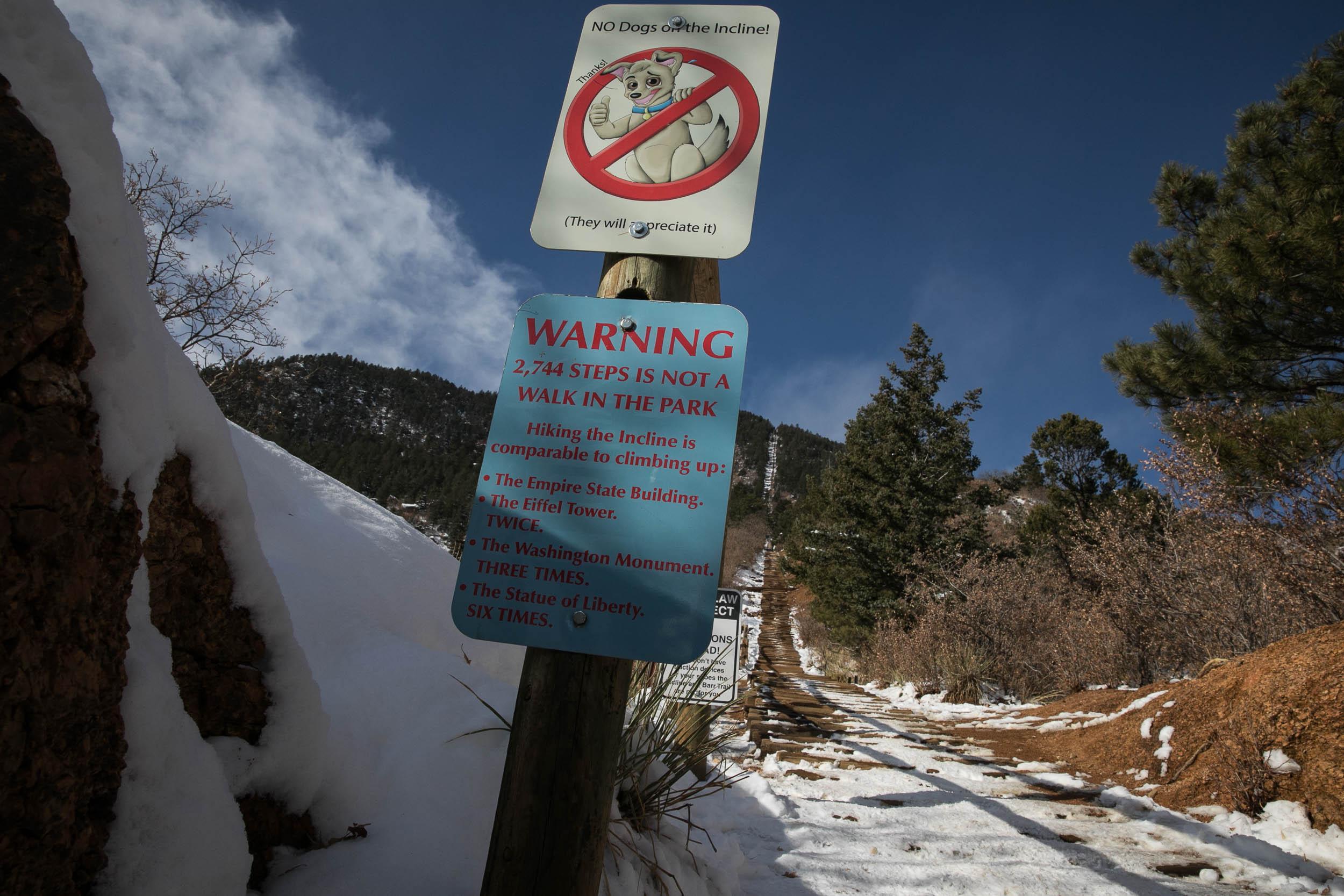
Vice President Kamala Harris visited Arvada on Monday to highlight upcoming federal investments to combat climate change, which she said will help accelerate the transition to clean energy, protect the western U.S. from drought and assist communities of color struggling with pollution.
About 300 people packed an auditorium at the Arvada Center for the Arts and Humanities for the panel discussion. Democratic U.S. Rep. Brittany Pettersen and professional rock climber and climate activist Sasha DiGiulian joined Harris for the conversation. Gov. Jared Polis introduced the vice president.
The event came as the White House rolls out an unprecedented effort to address rising global temperatures. In his first two years in office, President Joe Biden signed three major pieces of legislation to invest in infrastructure and domestic computer chip manufacturing.
In total, Harris said those laws will greenlight around $1 trillion in climate-related funding, which she said should provide some reason for optimism.
“We’re saving something, but we’re also going to be better,” Harris said. “It’s not only like ‘Hey, let’s throw out the life raft and everybody pull it in.’ We're actually creating new ways of doing things and that’s very exciting.”
Some Republicans have raised concerns about a lack of accountability around the spending and the impact on the national debt. But Harris said the money is desperately needed in the West, where a climate-driven drought has drained reservoirs to record low levels. Harris said states must pursue both water storage and conservation to guard against the crisis.
While a lack of precipitation is one consequence of a hotter planet, she noted climate change is also predicted to drive major floods across the region. One way to address both issues at once, she said, could be building new projects to capture excess water and store it underground.
Harris also discussed lead pipes as an example of environmental injustice. In her travels across the country, she said it’s clear the problem is due to a lack of investment in public infrastructure. That left families to fend for themselves to protect against toxic water — something communities of color couldn’t afford.
The infrastructure bill Biden signed last year provides an additional $15 billion to replace lead pipes. That money is already helping to finance a $700 million plan to remove all the lead pipes in the Denver region.
Harris said electric school buses will be another target for federal dollars. Besides helping reduce climate-warming emissions, she said replacing diesel-fueled buses will ensure kids and their parents breathe cleaner air.
Thanks to new investments in domestic manufacturing, Harris said many of those electric school buses will also be made in the U.S.







